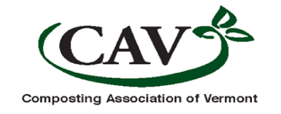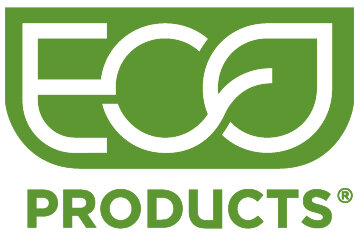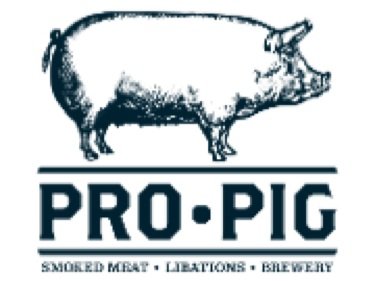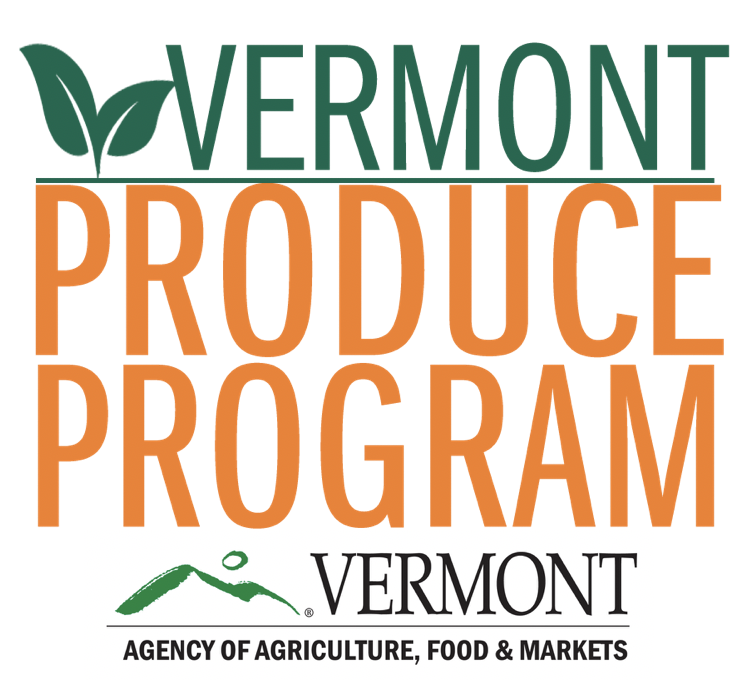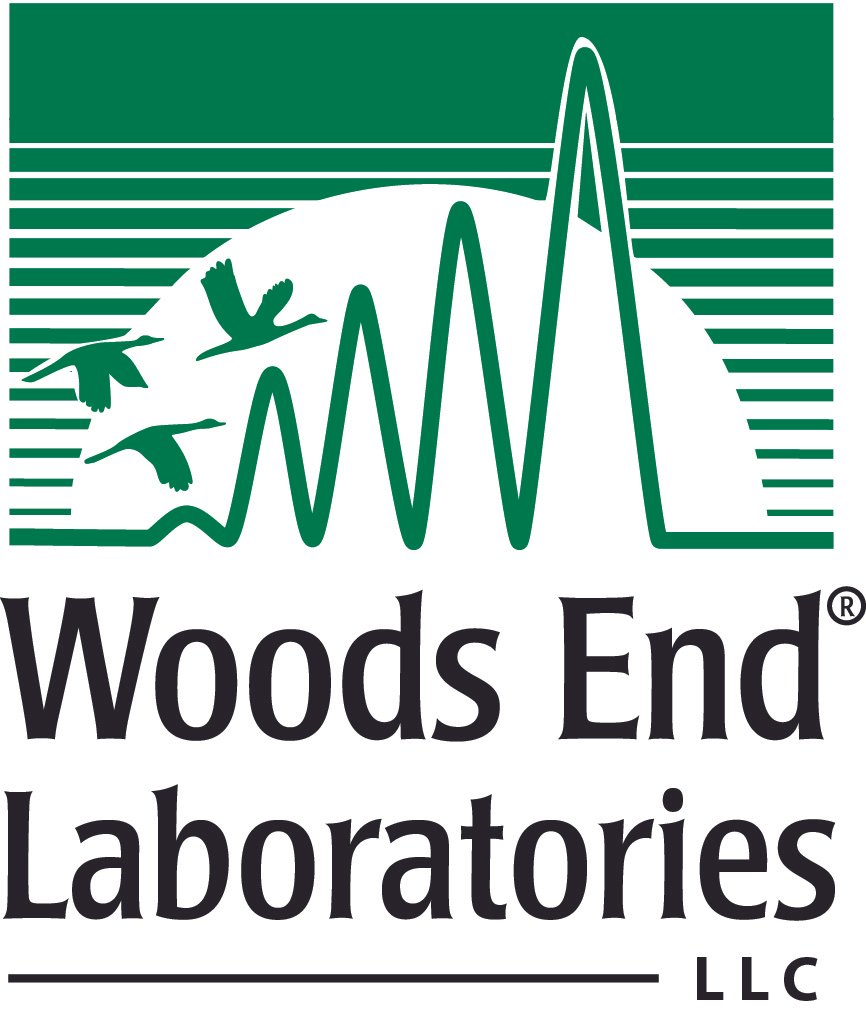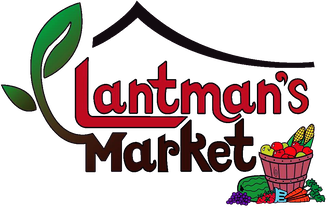18th Annual Vermont Organics Recycling Summit
COMPOST… Nature’s Climate Champion!
April 29th-May 3rd, 2024
Wednesday, May 1st
10:00-11:30 AM Strategies for Success with Compostable Products: Education, Technology and Training
Despite the value compostable products can contribute to keep food scraps out of the landfill and as an alternative to petroleum-based plastics, compostable products are not always readily accepted by composters in the United States. Reasons vary from concerns about contamination, greenwashing, processing operation limitations, and more. This session will cover key strategies for successfully managing compostable products. Presenters will share best practices to safeguard against unintended contamination from procurement to piles. This panel includes a composter who successfully manages compostables while using technology as a vital part of the process; a compostable products manufacturer sharing a program to prevent contamination in composting facilities; and an industry professional who has created labeling guidelines to identify products that will work in compost systems. Covering savvy procurement practices to fostering strong alliances with haulers to utilizing labeling and technology, these experienced professionals will share their successful strategies for managing compostable products. There will be ample time for discussion to determine if processing compostable packaging could work for you.
Moderator: Elly Ventura, World Centric
Panel presentations:
“Research results of compostable packaging piles using remote monitoring devices and digital data” from David Velez Alexander, TAWA Compost Food Rescue, and Sashti Balasundaram, WeRadiate
“CIRC: Controls Intended to Reduce Contamination” from Toby Alves, Eco-Products
“The need for effective compostable labeling laws” from Linda Norris-Waldt, US Composting Council
03:08-06:12 Session introduction by moderator Elly Ventura, World Centric
06:12-36:56 David Velez Alexander, TAWA Compost Food Rescue, and Sashti Balasundaram, WeRadiate
36:56-01:01:50 Toby Alves, Eco-Products
Download the slide deck (pdf)
01:01:50-01:19:44 Linda Norris-Waldt, US Composting Council
Download the slide deck (pdf)
Resources shared
1:00-2:30 PM: Decoding the Compost Conundrum: Navigating Contaminants and Crafting Sustainable Solutions
Join us for a panel discussion that delves into contaminant concerns in compost, such as persistent herbicides, microplastics, and PFAS. As composting gains momentum with landfill diversion laws, it's crucial to address the potential pitfalls that may compromise its environmental benefits. Our panel of experts will discuss the challenges posed by persistent herbicides and offer best practices for those managing materials treated with herbicides; examine the concerns about microplastics from depackaging facilities, and share updates about new technology that has made strides to address these concerns; and consider the threat of PFAS (Per- and Polyfluoroalkyl Substances) in compost, which is increasingly in the "hot seat" due to pressing concerns associated with these persistent chemicals. Through this informative session, we aim to empower participants with the knowledge to make informed decisions about composting practices, promote a more sustainable and contaminant-free approach to organic waste management, and provide valuable insights into the evolving landscape of composting and environmental stewardship.
Panel presentations:
“Persistent herbicides, is that still a thing?” from Pam Bryer, Vermont Agency of Agriculture, Food, & Markets.
“Solutions for removing microplastics from depackaged food organics” from Kevin Pedretti, Scott Equipment
“PFAS in compost - how does it get there and what can be done” from Caleb Goossen, Maine Organic Farmers & Gardeners Association
02:26-28:41 Pam Bryer, Vermont Agency of Agriculture, Food, & Markets
Download the slide deck (pdf)
53:54-01:25:26 Caleb Goossen, Maine Organic Farmers & Gardeners Association
Download the slide deck (pdf)
Resources shared
EPA Registration Review of Pyridine and Pyrimidine Herbicides
VAAFM Registered Products (Brand search)
Pesticide Usage Reported (VAAFM)
PFAS in the US population (ATSDR)
Organofluorine Mass Balance Analysis of Whole Blood Samples in Relation to Gender and Age
Extending the knowledge about PFAS bioaccumulation factors for agricultural plants – A review
3:30-5:00 PM: Haulers' Roundtable: Maintaining Clean Organic Streams for Composting - the Who, the How, and the Why
This year’s Haulers’ Roundtable is focused on sharing tips and tricks for working with customers to ensure effective SSO (source separation of organics). Whether you’re new or established, small or large, clearly identifying expectations, establishing effective channels for communication, and outlining parameters and consequences for contaminated loads are essential to success. In addition to learning from each other, we’ll also spend time identifying specific requests for support from ANR DEC. We’ll get the conversation going via email prior to this session and develop concrete next steps that will support our shared work in maintaining clean organic streams for composting.
Facilitator: Tom Gilbert, Black Dirt Farm
Notetaker: Caroline Gordon, Rural Vermont
6:00-7:30 PM: Mastering the Art of Backyard Composting with Expert Tips for Residents and Trainers
Backyard composting is a fundamental tool to help Vermonters manage their household food waste and comply with the Universal Recycling and Composting Law while creating a beneficial soil amendment. Recent studies by UVM demonstrate that nearly half of Vermonters compost in their yard or with neighbors, but many still feel they need more information on how to compost correctly, how to compost in winter, and what materials to purchase. This workshop will increase your confidence in backyard composting. We'll also provide tips for trainers to use in their own community outreach efforts.
Instructor: Shannon Choquette
04:17-28:43 Background on VT's organic diversion law, compost and climate change connections, and the importance of reducing food waste, by Shannon Choquette, VT ANR
28:43-01:15:01 Backyard composting, by Shannon Choquette, VT ANR
Download the slide deck (pdf)
Special thanks to:
Thanks to our sponsors!!
Learn what the Produce Safety Rule means for your business.
